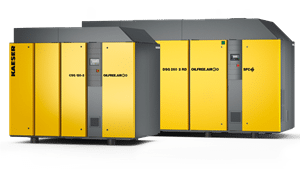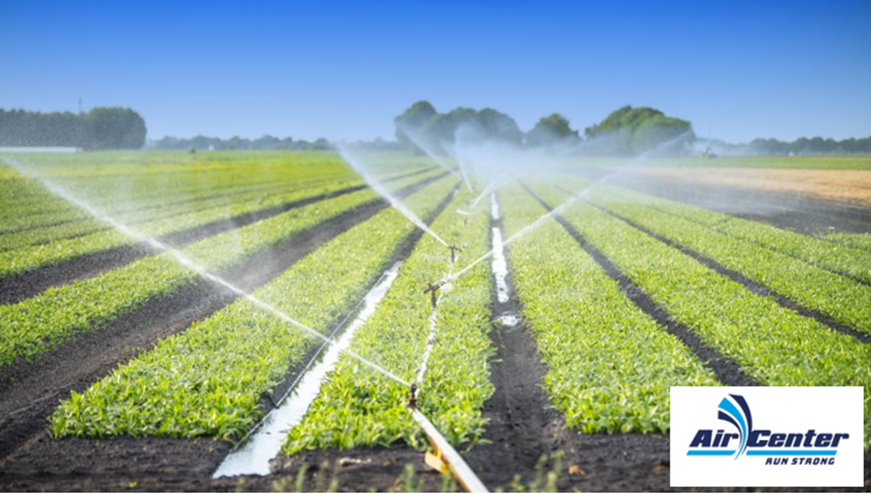Thanks to air compressors and agricultural tools, farmers can get the most of their land, increase productivity, save time, and reduce waste.
Some common uses for air compressors in the agriculture industry.
1. Maintaining Vehicle Equipment
Cleaning heavy-duty farm equipment, cleaning production areas, maintaining tire pressure, and painting equipment.
2. Pneumatic Assembly Tools
Air compressors have the ability to power pneumatic nail guns, staplers, air-powered gates, and other tools needed in order to maintain farming equipment and activities.
3. General Use
Including aquaculture, septic systems, and energy storage from wind energy.

4. Dairy farms
Farming is labor-intensive and anyone who owns dairy cows, goats, or sheep can utilize air compressors for milking machines, such as the milker claw detachment unit.
5. Orchard Use
Orchards depend on being able to control a wide variety of diseases and insects. With an air compressor and sprayer unit, it takes a fraction of the time than with manual sprayers.
6. Water pumps
Water is essential to crops, livestock, and sustainable pastures. Sometimes compressed air is needed to bring this vital resource to specific areas to optimize growth.
KAESER An Affordable and Dependable Compressed Air Solution

Minimizing operating costs is essential for survival in today’s highly competitive agriculture business climate. A Kaeser Compressor is not only economical to purchase, but it is also economical to own. Kaeser offers the most CFM per brake horsepower, which ensures more air while consuming less energy.
It’s important to remember that not all Kaeser Air compressors are the same. By picking the right Kaeser air compressor for the job, you will be able to maximize the productivity, energy efficiency, and longevity of your farming equipment. If you are considering a Kaeser air compressor for your farm, don’t forget to take into consideration:
- The energy required
- The horsepower needed
- How often will the compressor be used




